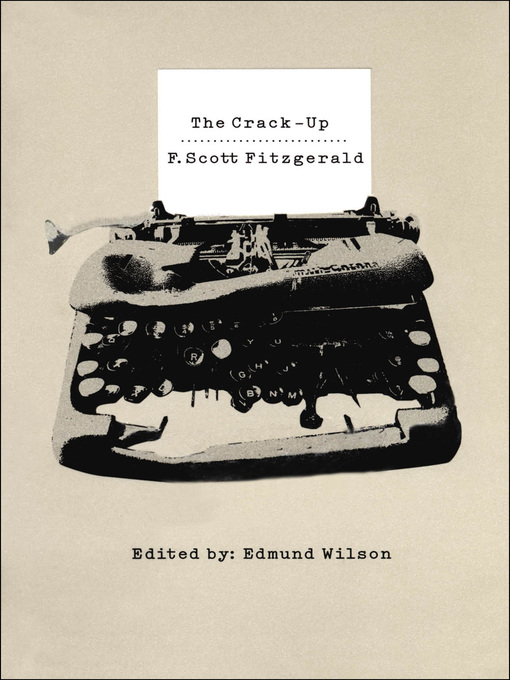A self-portrait of a great writer 's rise and fall, intensely personal and etched with Fitzgerald's signature blend of romance and realism.
The Crack-Up tells the story of Fitzgerald's sudden descent at the age of thirty-nine from glamorous success to empty despair, and his determined recovery. Compiled and edited by Edmund Wilson shortly after F. Scott Fitzgerald's death, this revealing collection of his essays—as well as letters to and from Gertrude Stein, Edith Wharton, T.S. Eliot, John Dos Passos—tells of a man with charm and talent to burn, whose gaiety and genius made him a living symbol of the Jazz Age, and whose recklessness brought him grief and loss. "Fitzgerald's physical and spiritual exhaustion is described brilliantly," noted The New York Review of Books: "the essays are amazing for the candor."- Favorite Magazines on OverDrive
- Food & Wine Magazines
- Health & Fitness
- Home & Garden
- Business & Finance
- Revistas
- Chinese Magazines
- Japanese Magazines
- See all

